In Saudi Arabia the heat is baked into your skin, which is always coated with a thin layer of dust. The first month we are there a massive dust storm whips through Riyadh and I find piles of sand on my window sills and on the leaves of the basil plant that struggles valiantly to survive in our scrap of a yard.
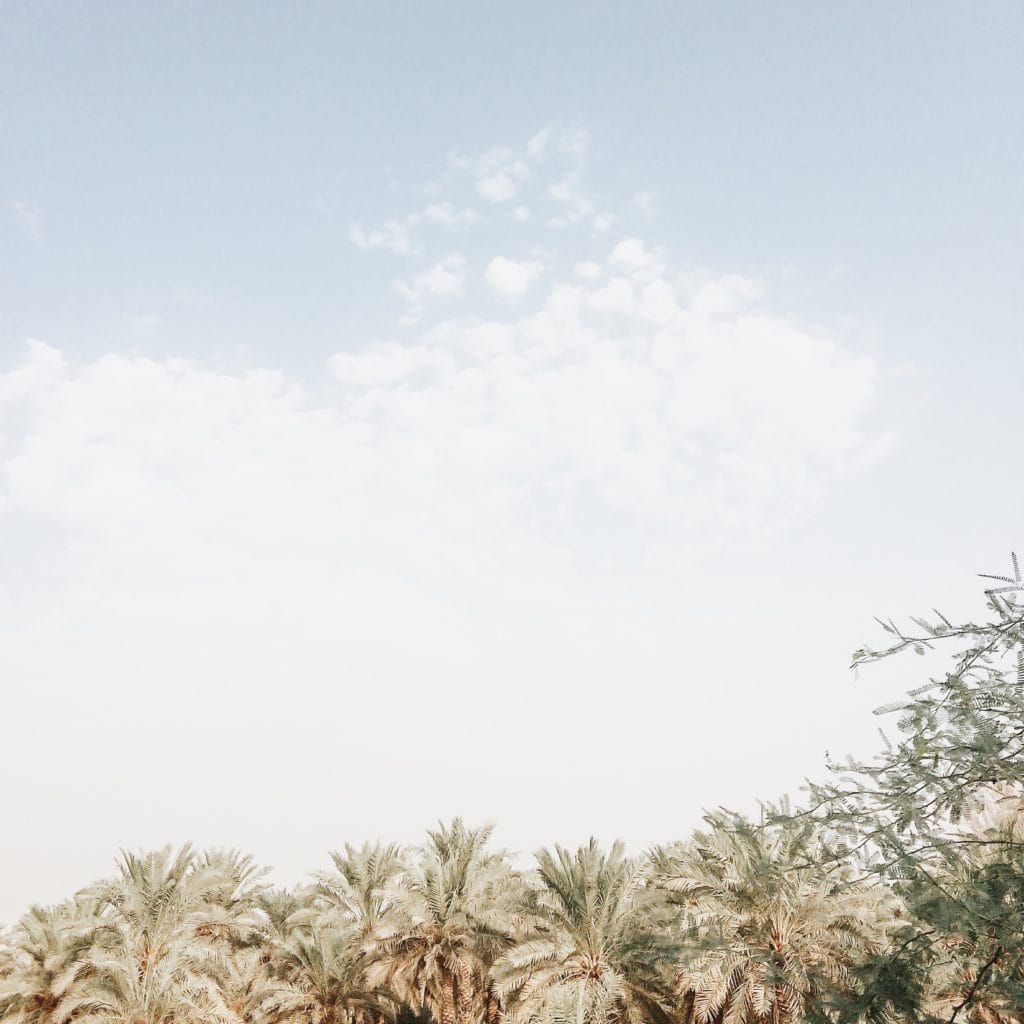
Coming over from Morocco I’m unprepared for the temperatures in what is technically still winter. March thunderstorms are booming over the Atlantic when we depart Casablanca, and my bags contain only cooler-weather gear. Our new house, a maze of rooms and too many doors, smells like furniture polish and dry air; almost three years since we’ve moved I can smell it still.
When we arrive the embassy is closed due to a terrorism threat and remains closed all week. Somehow I shove the implications of this aside and instead start exploring the parks with my 18-month-old. After no playgrounds in Casa the outdoor space and climbing equipment, if a bit dated and slightly dangerous, is thrilling. We run and roam the Wadi trail, developing a pattern in which we end many days near sunset looking over an arid, rocky valley and listening to the Maghrib prayer call.
Friday mornings become our weekly food shop days. I can't drive — rather, I am not allowed to drive by law — so I rely on my husband or the vast motorpool of drivers to ferry us to the grocery store. We have to go early to catch the brief window when the city still functions before it virtually shuts down for the remainder of the day (Friday being Islam's holy day). I download a prayer time app for my phone so I can plan our days if we try to do anything other than wander the diplomatic quarter; most stores are pretty forgiving if you’re already inside when prayer begins but you’ll have to wait to pay for groceries or order food for at least a half hour. This happens throughout the day. "Better get out before prayer" becomes rote. I start looking forward the early evening call as a bookend to the day.
If we have enough time we'll stop by the Starbucks next door to Tamimi, a chain once owned by Safeway and which still bears that familiar "S". Because we're together, my husband can accompany us into the "family section" through the door on the right otherwise he'd have to enter the door on the left to the section for men only. I know I’ve acclimated to life in Saudi when I try to buy a soft serve ice cream at Ikea for my toddler and mistakenly stand in the men's line. Rather than feel embarrassed when this is pointed out to me I am just annoyed.
My daughter always receives something when we're out: a lollipop usually or another piece of candy handed to her by a friendly store employee. One Friday we slip away from the checkout line as she descends into pre-nap exhaustion and escape to the parking lot. "Sister! Sister" I hear behind me as the woman who had rung up our groceries follows me to our car. She hands me a Barbie doll and gestures toward my over-tired daughter. "Shukran" I tell her, wishing I could communicate more. Our eyes meet in mutual sympathy over the black niquab that covers most of her face; lacking words we nonetheless share a moment that transcends the language barrier.
Other encounters: one day early on in the move, we are circling the park near our house and are invited to sit with a cluster of mothers whose children attend a special needs school down the street. They pour me a cup of the bitter, cardamom-scented "coffee" from a thermos, ply Sierra with sweet cookies. We can barely speak a few words to each but it is one of my best memories of our time in Saudi -- I was welcomed with genuine interest and true kindness. Half a year later in the same park I speak with some young Saudi women who scandalously wear Western garb and tell me they'll get in trouble if they are spotted by the Saudi police. They are desperate to get out, to move to Canada or America, although one is more pragmatic, telling me her mother also recognizes the limitations they live with daily but what can they do? It is home and where their families are. Better to make your peace with it.
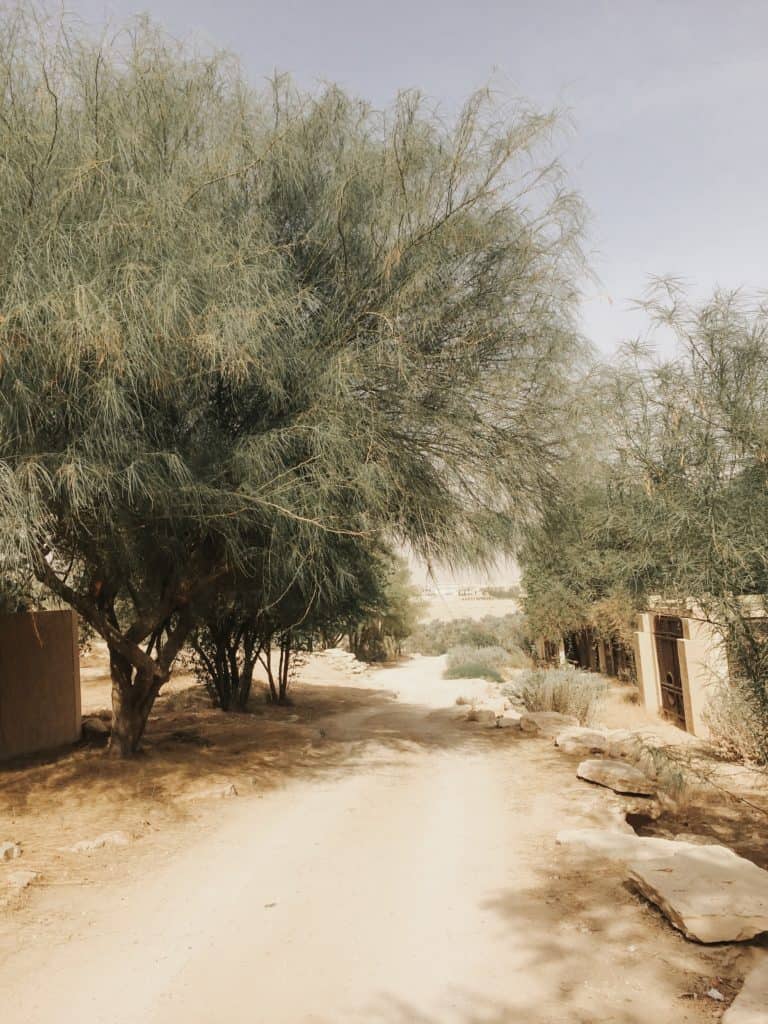
At Thanksgiving we hunt for turkey and find a frozen bird imported from France at the massive Carrefour in the mall we visit mostly for the pastries at Chez Paul but also for the air conditioning. Back at Tamimi there is a display of imported Ocean Spray cranberry sauce and boxed stuffing, though I bypass those for a bag of overpriced Bob’s Red Mill cornmeal.
When you live overseas you're constantly in between. You want and do embrace your current home country but at the same time you hunger for the familiar. This can be as simple as finding a box of Cheerios at the consulate commissary or Moroccan clementines in a Saudi supermarket when you've just moved from your home in Casablanca and miss the citrus and the sea breeze. You get excited when you go to the more upscale Danube grocery store and see a carton of Three Twins ice cream in the frozen aisle -- all the way from California! (And the accompanying realization that the reason is costs so much is because of the gas used to fly it in.) In Saudi you learn to skip the air-freight vegetables from America in favor of those grown in desert hothouses.
You buy tiny strawberries from Egypt when they're in season, reasoning that it takes less energy to transport them to Riyadh than the Driscolls from the States. You avoid the plastic boxes of blueberries after you see the store worker picking through each to remove the ones that have gone off after sitting on the shelf too long, yet even with less berries the price remains the same. The watermelon from the region is some of the best watermelon you’ve ever tasted.
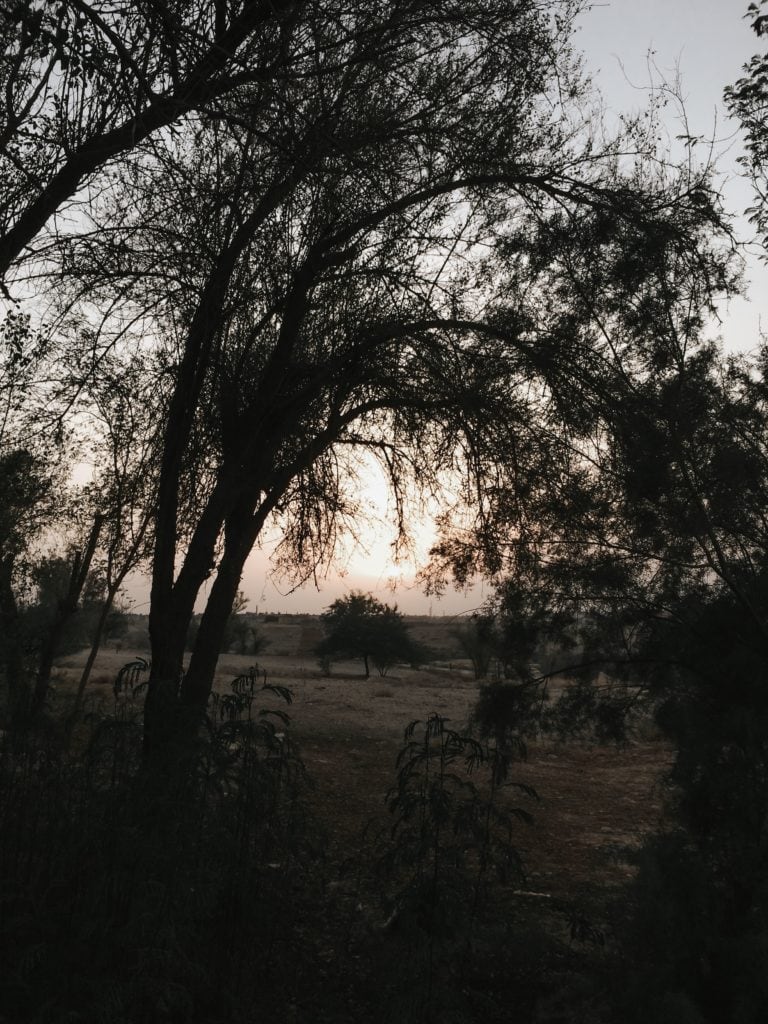
Your hunger for continuity in what you consume continues unabated regardless of geographic location and in Saudi Arabia, a country unlike any other on earth, a true moonscape that burns even hotter in the summer sun, that continuity is what provides an anchor in the most unfamiliar of places.
We fall into routines of course: morning walks around the DQ, a place where abayas are not required for western women and heavily armed Saudi security forces inspect each entering vehicle; afternoon swims at the U.S. embassy pool; a run on the Wadi trail where the sighting of a rare fox is cause for celebration. Cats lie across the privacy walls encircling each house and meticulously groomed palm trees stand at attention. Time slows -- on “desert time” the days are twice as long. Soon the heat, the dust, the unrelenting brown landscape becomes as familiar as the hills of San Francisco once were or the jangling of the horse cart along Rue Azzemour without any sort of dramatic shift.
When we receive our orders to move to Sydney there is a sort of held-breath wonderment: will we really escape this place? But when we leave months earlier than planned I’m upset, reluctant to leave friends and our established life, strange though it is. Our house is packed up in a day, we hug our friends good-bye, spend our last night at a hotel where I eat a slice of chocolate cake and my last plate of real hummus. On a strangely drizzly afternoon in February we depart and as the plane leaves Saudi airspace I take off my abaya and stuff it into my backpack. Twenty hours later we land in Australia and the Western familiarity of it all is jarring. But I take my first deep breath in over two years.
Note: I have felt like writing a bit about our lives overseas so I will be posting about them here from time to time. This is just a tiny snapshot into our life in Saudi Arabia - I feel like there is so much more I need to write down so I don't forget it! Not to mention Morocco and Australia. Now with some distance I finally feel like I can really think about all of our experiences.




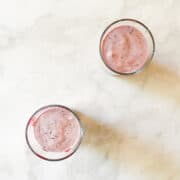

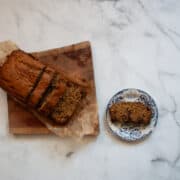

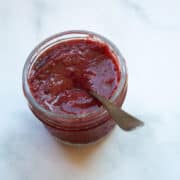




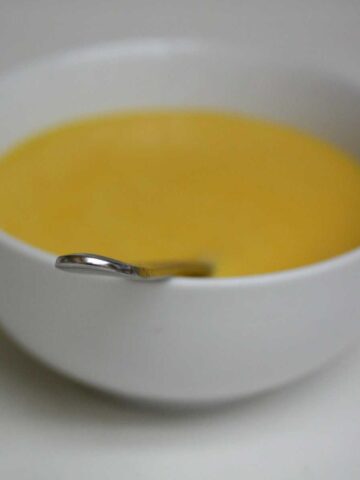


Laura says
Thank you for sharing! I’ve been so curious over the years what is was like for you especially with young children. I hope you write more.
Sevi says
Beautifully said Nicole, I enjoyed reading it. Thank you for sharing.
Susanna Peters says
this is quite interesting to read about and nice to hear Nicole. I like the combinations of it all
Emilia says
Thank you for this lovely reflection. I am living the expat life right now, still less than 6-months in, and your words describe well many of the thoughts and experiences I am having.
Jill says
Love this glimpse of your time there.